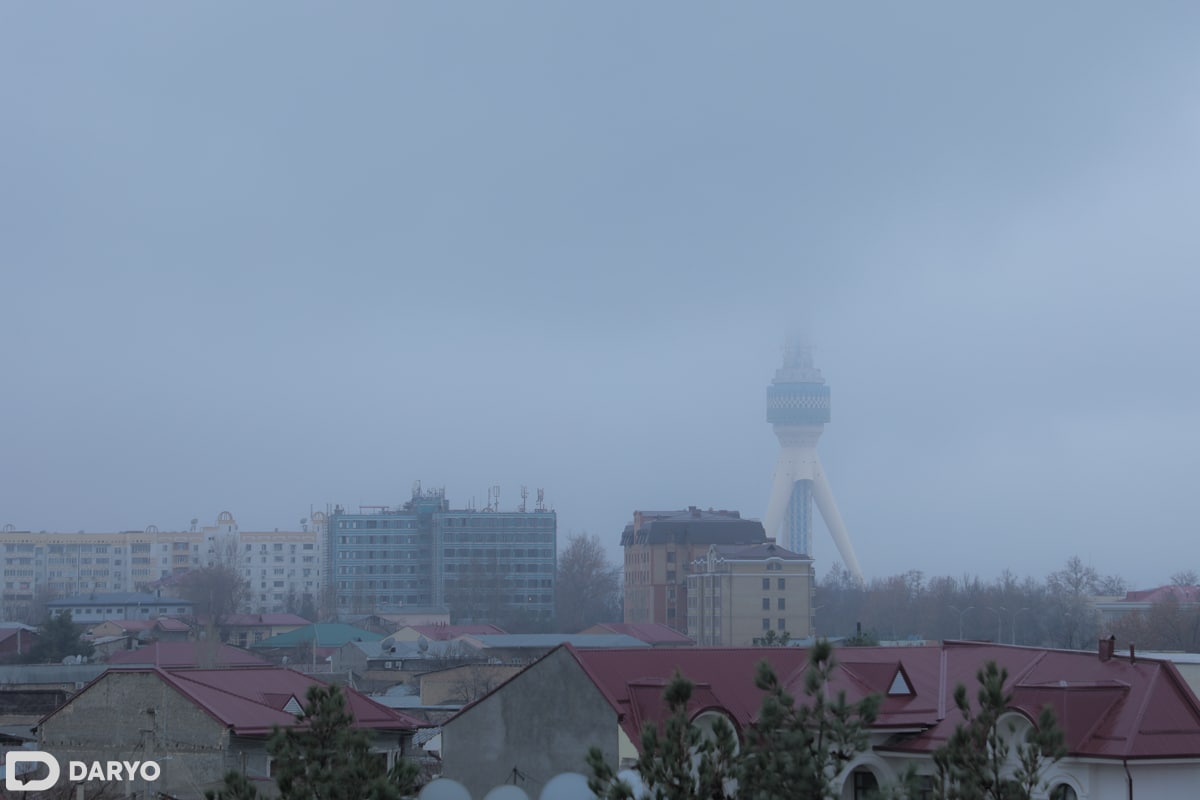In response to public concerns about environmental pollution and urban health risks, a new proposal aims to relocate industrial activities outside major cities in Uzbekistan. The proposal, drafted in alignment with the national strategy “Uzbekistan-2030” under the "Year of Environmental Protection and Green Economy," suggests moving industrial operations from urban centers like Tashkent and Nukus to more remote industrial zones.

This initiative arises from suggestions and feedback from environmentalists, activists, scientific institutions, and international experts. According to the draft decree of the president of Uzbekistan, this shift would also gradually move existing industrial enterprises outside cities to reduce their environmental footprint.
Urban industrial enterprises, especially those burning hydrocarbon fuels, significantly contribute to environmental pollution. In 2023, the total volume of emissions was recorded at 1.8mn tons, with vehicles responsible for 57% and industrial enterprises for 43%. Additionally, 125.6mn tons of industrial waste were produced by over 7,000 manufacturing enterprises across the country.
The reliance on coal and fuel oil for heating has intensified in recent years, further exacerbating the situation. Coal usage surged from 3.9mn tons in 2019 to 11mn tons in 2023, while fuel oil consumption has increased fivefold in the last two years. This pollution is directly linked to an increase in chronic diseases among the population, including asthma and bronchitis.
Starting May 1, 2025, the proposal seeks to prohibit new industrial projects in several high-impact areas in Tashkent, Nukus, and regional centers. The restrictions would apply to:
- Asbestos and cement production, including sludge and slag processing;
- Leather and tanning factories, poultry farms;
- Coal burning without efficient dust and gas cleaning systems;
- Ferrous and non-ferrous metallurgy plants, and toxic chemical manufacturing;
- Hazardous waste processing and incineration plants.

Additionally, any new projects that may harm the atmosphere in these cities will no longer undergo state environmental assessment starting May 1, 2025. Proposals for the phased relocation of existing industrial enterprises will be submitted by October 1, 2025.
Global practices highlight the benefits of relocating polluting industries. The Basel Convention, adopted by Uzbekistan in 1996, classifies asbestos waste as hazardous. In Germany, the transformation of the Ruhr region saw the successful relocation of coal-fired plants from urban areas, reducing air pollution by 60%. Likewise, in China, the relocation of metallurgical industries from cities like Beijing to Hebei Province has helped combat severe pollution, with similar strategies used in Almaty and Jakarta.
The proposed relocation would ensure long-term environmental sustainability for cities like Tashkent and Nukus. By moving industrial activities away from urban areas, the pollution levels will decrease, significantly improving air quality and reducing health risks. Additionally, new job opportunities and essential infrastructure, such as roads, electricity, and water supply, will be created in the industrial zones.
Enterprises that remain will be required to install advanced dust and gas cleaning systems. New waste processing technologies will be introduced, including the use of industrial waste in building material production and bioenergy solutions for poultry farms and tanneries.
Follow Daryo's official Instagram and Twitter pages to keep current on world news.
Comments (0)